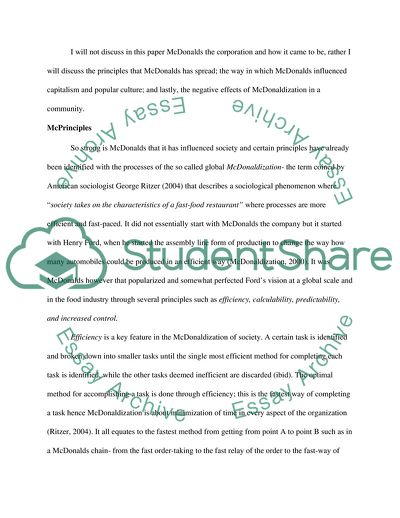Cite this document
(Sociology Essay Example | Topics and Well Written Essays - 2500 words - 1, n.d.)
Sociology Essay Example | Topics and Well Written Essays - 2500 words - 1. https://studentshare.org/sociology/1714466-sociology-essay
Sociology Essay Example | Topics and Well Written Essays - 2500 words - 1. https://studentshare.org/sociology/1714466-sociology-essay
(Sociology Essay Example | Topics and Well Written Essays - 2500 Words - 1)
Sociology Essay Example | Topics and Well Written Essays - 2500 Words - 1. https://studentshare.org/sociology/1714466-sociology-essay.
Sociology Essay Example | Topics and Well Written Essays - 2500 Words - 1. https://studentshare.org/sociology/1714466-sociology-essay.
“Sociology Essay Example | Topics and Well Written Essays - 2500 Words - 1”. https://studentshare.org/sociology/1714466-sociology-essay.


